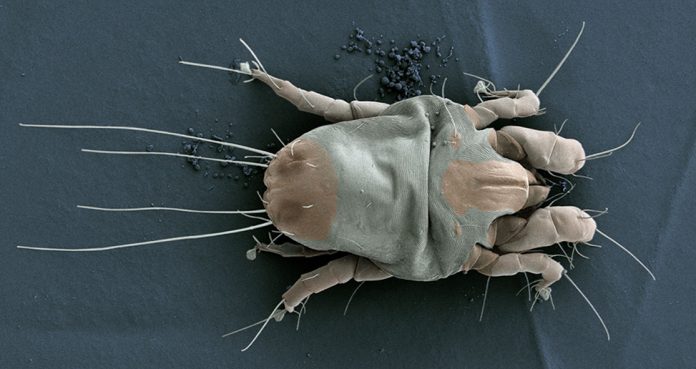On Wednesday, scientists reported that scabies could now be controlled with a pill or two, with protective effects lasting for years.
Currently, the standard treatment for scabies is a skin cream that contains an insecticide, which does not provide long-term protection. In low-income countries, scabies pills can be distributed to the entire village, ridding communities of the parasite.
Although not a fatal condition, scabies can cause profound misery because of its signs and symptoms.
Scabies was added to the World Health Organization’s list of neglected tropical diseases two years ago.
Scabies is a parasitic infection in which tiny mites burrow under the skin, causing skin rashes along with incessant itching. And scratching the rash may cause impetigo, a bacterial infection with oozing sores.
In January, infections were detected in firefighters at two firehouses in New York City; one of them had to be closed for decontamination.
A study published in the New England Journal of Medicine tested three treatment regimens in three groups of isolated island villages in Fiji.
Researchers from Australia and Fiji gave a skin lotion containing permethrin, an insecticide used in insect repellent, to one group. The second group also received the lotion, while the third group received one ivermectin pill and those with confirmed scabies received a second pill after a week.
Ivermectin is a powerful drug that kills many types of parasites. It also kills insects that bite humans, such as lice, mites and mosquitoes because ivermectin is known to linger in the blood. The drug is considered safe enough for everyone except the infants and pregnant women.
After following up for two years, less than 4 percent of people who got ivermectin still had scabies. In the villages where people received topical permethrin, it was 13.5 percent.
In addition, the group that got ivermectin were less likely to develop secondary infections such as impetigo.
The researchers wrote, “Effective as mass distribution of ivermectin was, it still needs to be tested in larger, less-isolated populations to see if the overall protective effect persists.” According to a global survey done in 1971, dermatologists suggested that scabies was on the rise all across the world for unknown reasons.






















